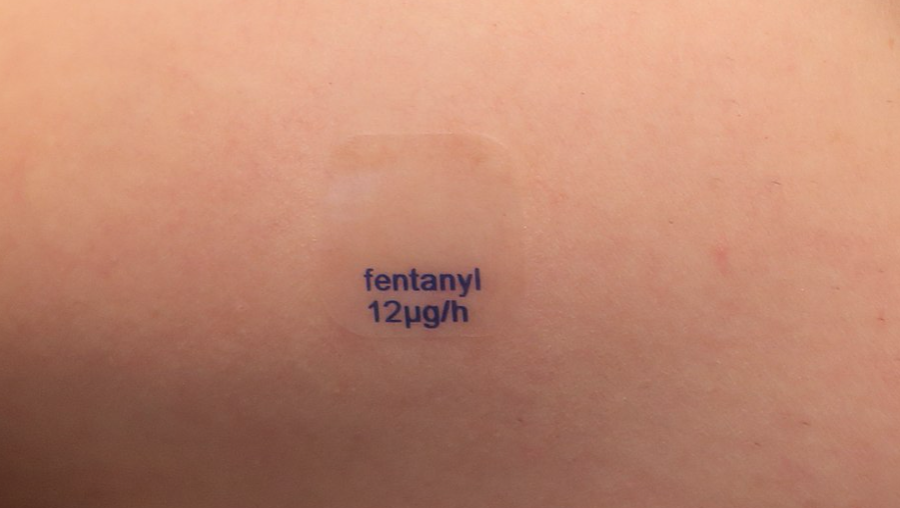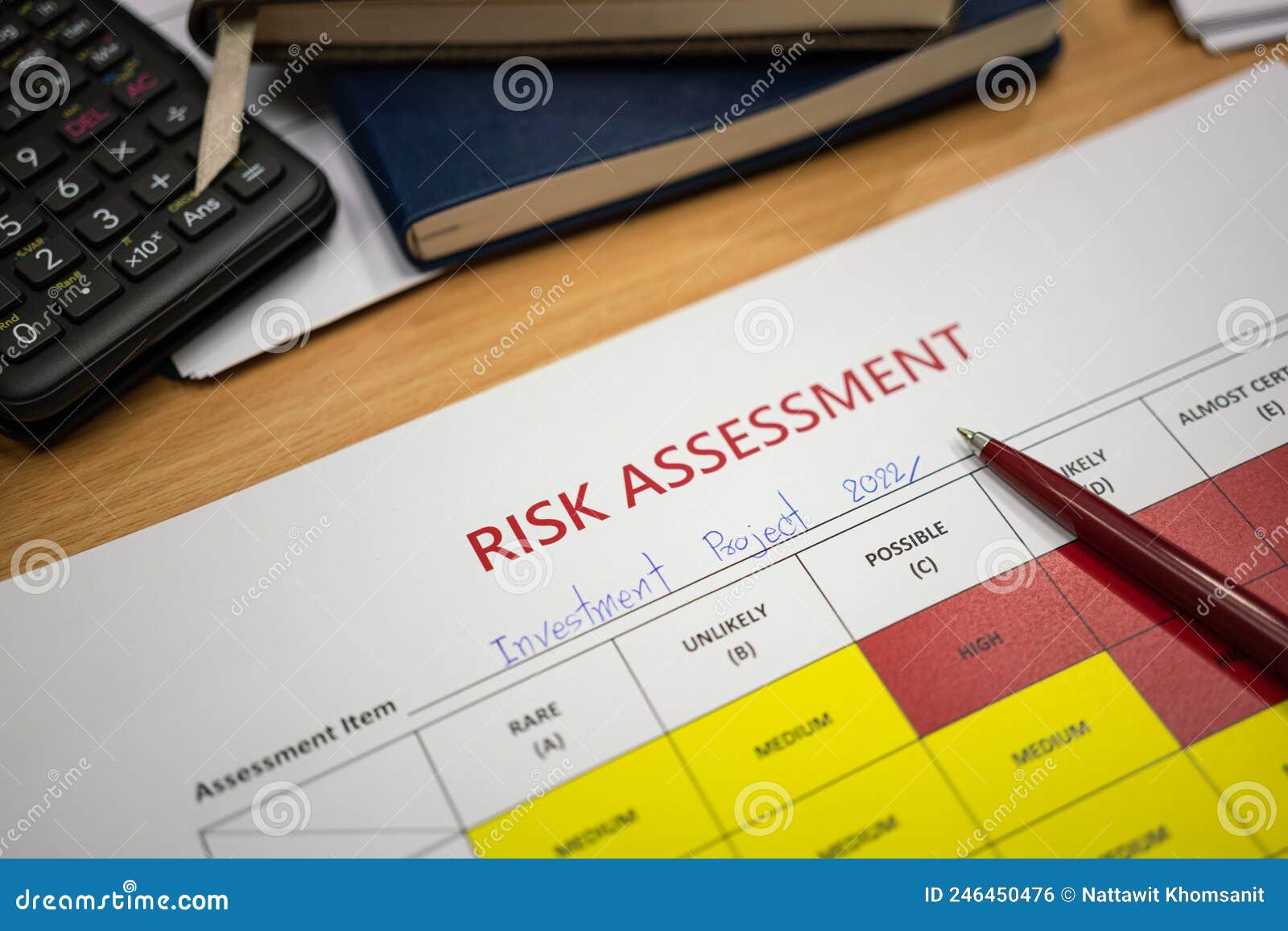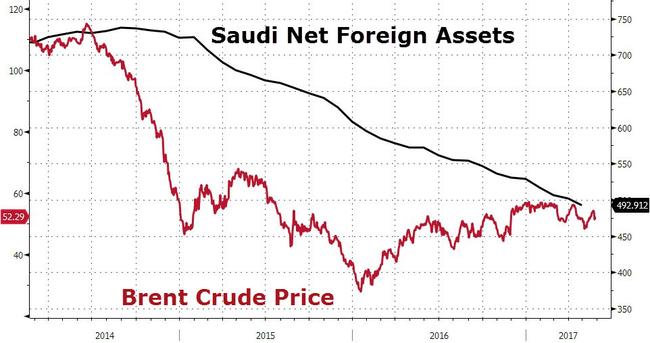The Fentanyl Crisis And Its Impact On US-China Trade Relations

Table of Contents
The Role of China in the Fentanyl Supply Chain
The production of fentanyl, a synthetic opioid 50 times more potent than heroin, relies heavily on precursor chemicals often sourced from China. Understanding China's role in the fentanyl supply chain is crucial to addressing the crisis.
-
Chinese Chemical Companies: Numerous Chinese chemical companies legally manufacture and export these precursor chemicals. While some are used for legitimate purposes, a significant portion diverts to illicit fentanyl production. This poses a complex challenge, requiring careful monitoring and regulatory oversight.
-
Trafficking Routes: These precursor chemicals are trafficked from China to Mexico via various routes, often exploiting loopholes in international regulations and leveraging sophisticated smuggling networks. The journey often involves multiple intermediaries, making tracking and interception difficult.
-
Mexican Cartels' Role: Mexican drug cartels play a pivotal role in processing these precursor chemicals into fentanyl, taking advantage of readily available precursors and establishing extensive distribution networks within the US. This transnational criminal activity further complicates the issue.
-
Regulatory Limitations: While China has implemented regulations to control the export of these chemicals, enforcement remains a challenge. Identifying and halting illicit shipments requires robust monitoring systems, advanced technologies, and effective international collaboration.
-
Enforcement Complexities: The sheer volume of legitimate chemical exports makes identifying illicit shipments challenging. This requires sophisticated intelligence gathering, advanced analytical techniques, and ongoing cooperation between law enforcement agencies worldwide to pinpoint and intercept these dangerous shipments.
Impact on US-China Trade Negotiations
The fentanyl crisis significantly influences US trade policy toward China, creating a climate of heightened tension and impacting broader trade negotiations.
-
Trade Sanctions and Tariffs: The US has considered, and in some instances implemented, trade sanctions or tariffs as leverage to pressure China to strengthen its regulatory framework and actively combat the flow of fentanyl precursors. However, this strategy carries risks, potentially impacting other aspects of trade and bilateral relations.
-
Economic Leverage: The economic relationship between the US and China provides a powerful platform for negotiations. Utilizing economic leverage to incentivize cooperation on fentanyl control requires careful consideration of potential ramifications across other sectors.
-
Strained Diplomatic Relations: The fentanyl crisis exacerbates existing diplomatic tensions, making it harder to achieve consensus on other trade issues. Open communication and trust are essential for effective collaboration, and the crisis jeopardizes this.
-
Trade Agreements as Incentives: Incorporating clauses within trade agreements that explicitly address fentanyl precursor control could offer a powerful incentive for China to enhance its regulatory efforts and boost international cooperation. This approach requires careful diplomacy and mutually beneficial terms.
The Search for International Cooperation
Combating the global fentanyl crisis demands increased international cooperation, moving beyond unilateral action to a unified, collaborative strategy.
-
Joint Task Forces: Establishing joint US-China task forces focused on disrupting fentanyl trafficking networks is crucial. This requires sharing intelligence, coordinating law enforcement operations, and developing joint strategies to target key players and routes.
-
Law Enforcement Collaboration: Enhanced collaboration between US and Chinese law enforcement agencies is critical. This includes information sharing, joint investigations, and coordinated enforcement actions to dismantle drug trafficking organizations.
-
Obstacles to Collaboration: Political tensions and differing priorities can impede effective collaboration. Addressing these obstacles requires open dialogue, mutual trust-building, and a shared commitment to tackling the crisis.
-
Role of International Organizations: International organizations such as the UN Office on Drugs and Crime (UNODC) and Interpol can play a crucial role in facilitating international cooperation, coordinating efforts, and providing technical assistance to countries combating the fentanyl crisis.
The Human Cost and Economic Burden
The human toll of the fentanyl crisis is devastating, and the economic consequences are immense.
-
Overdose Deaths: Fentanyl is a leading cause of overdose deaths in the US, significantly contributing to the opioid epidemic. Understanding the scale of this tragedy is vital for mobilizing resources and implementing effective prevention strategies.
-
Healthcare Costs: The healthcare system bears a heavy burden, managing the costs associated with treating overdoses, providing addiction treatment, and addressing the long-term health consequences. This represents a significant financial strain.
-
Economic Impact: The broader economic impact includes lost productivity, increased healthcare costs, and the social costs associated with crime and incarceration related to drug abuse. The economic burden extends far beyond the immediate healthcare system.
Conclusion
The fentanyl crisis poses a significant threat to US-China trade relations, creating a complex web of challenges that demand immediate and concerted action. Addressing this crisis requires a multifaceted approach encompassing stronger international cooperation, enhanced regulatory frameworks in China, and effective strategies to disrupt global drug trafficking networks. The human and economic costs are profound, demanding an urgent and coordinated response. Understanding the intricate connection between the fentanyl crisis and US-China trade relations is paramount to finding effective solutions. Continued pressure on China to curb the flow of fentanyl precursors, coupled with robust international cooperation, is essential to mitigating this devastating global health crisis and safeguarding the stability of already fragile bilateral trade relations. Let's work together to combat the fentanyl crisis and build a safer, more collaborative future.

Featured Posts
-
 Is Your Investment A Real Safe Bet A Critical Assessment
May 09, 2025
Is Your Investment A Real Safe Bet A Critical Assessment
May 09, 2025 -
 Indonesias Foreign Reserves Plunge Rupiah Weakness Impacts Reserves
May 09, 2025
Indonesias Foreign Reserves Plunge Rupiah Weakness Impacts Reserves
May 09, 2025 -
 American Samoan Familys First Court Appearance Draws Community Support In Whittier
May 09, 2025
American Samoan Familys First Court Appearance Draws Community Support In Whittier
May 09, 2025 -
 The Posthaste Reality High Down Payments And The Canadian Housing Market
May 09, 2025
The Posthaste Reality High Down Payments And The Canadian Housing Market
May 09, 2025 -
 Is This Show A Worthy Roman Fate Season 2 Replacement Streaming Availability And Potential Spoilers
May 09, 2025
Is This Show A Worthy Roman Fate Season 2 Replacement Streaming Availability And Potential Spoilers
May 09, 2025
Latest Posts
-
 Last Home Game For Muller Bayern Celebrate Bundesliga Win
May 11, 2025
Last Home Game For Muller Bayern Celebrate Bundesliga Win
May 11, 2025 -
 Bayerns Home Victory A Fitting End For Mullers Career
May 11, 2025
Bayerns Home Victory A Fitting End For Mullers Career
May 11, 2025 -
 Champion Bayerns Home Finale Mullers Farewell Match
May 11, 2025
Champion Bayerns Home Finale Mullers Farewell Match
May 11, 2025 -
 Bayern Celebrate Bundesliga Win Mullers Final Home Appearance
May 11, 2025
Bayern Celebrate Bundesliga Win Mullers Final Home Appearance
May 11, 2025 -
 Mullers Allianz Arena Send Off Bayern Secure Bundesliga Win
May 11, 2025
Mullers Allianz Arena Send Off Bayern Secure Bundesliga Win
May 11, 2025
